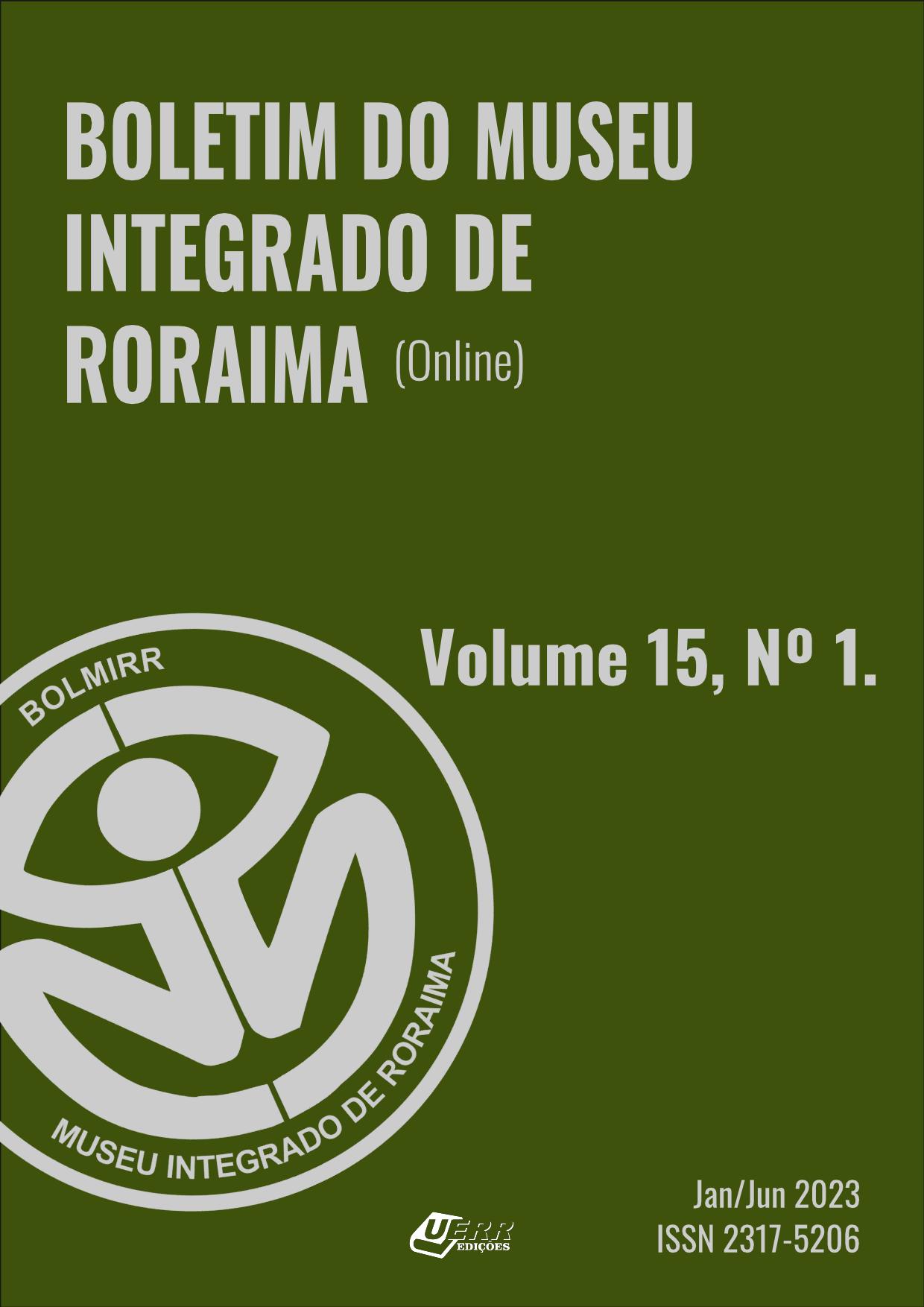Environmental Education
Reflection and citizenship a necessary challenge for socio-environmental practices at school
DOI:
https://doi.org/10.24979/bmirr.v15i1.1184Keywords:
Environmental Education, Three Pedagogical Moments, Cognitive Social Theory, Plantae KingdomAbstract
Socio-environmental problems are increasingly harmful to the environment and must be worked on at school. This article presents the results of an activity that provided a reflective discussion on the importance of Environmental Education at school. The objective was to work on Environmental Education from a critical point of view, with activities involving 25 8th grade students, addressing the content “Kingdom Plantae”. For that, we opted for a qualitative approach, participant and bibliographical research. A didactic sequence was organized according to the Three Pedagogical Moments and based on the Social Cognitive Theory, with activities in the classroom and in the green area of the school. Fruit and ornamental trees were planted for benefits related to shading and to complement school meals. The results were satisfactory, considering the participation of students and teachers, as well as the change in behavior of the class regarding issues related to the school environment.
Downloads
Downloads
Published
Issue
Section
License
Copyright (c) 2023 Francisca Silvana Araújo Cardoso, Rosana Cléia de Carvalho Chaves, Marlucia Silva de Araújo, Joselma Soares Sousa, Ivanise Maria Rizzatti

This work is licensed under a Creative Commons Attribution 4.0 International License.
Autores que publicam no Boletim do Museu Integrado de Roraima concordam com os seguintes termos:
1) Autores mantém os direitos autorais e concedem ao Boletim do Museu Integrado de Roraima o direito de primeira publicação, com o trabalho simultaneamente licenciado sob a Creative Commons Attribution License que permite o compartilhamento do trabalho com reconhecimento da autoria e publicação inicial neste periódico.
2) Autores têm autorização para assumir contratos adicionais separadamente, para distribuição não-exclusiva da versão do trabalho publicada nesta revista (ex.: publicar em repositório institucional ou como capítulo de livro), com reconhecimento de autoria e publicação inicial neste periódico.
3) Autores têm permissão e são estimulados a publicar e distribuir seu trabalho online (ex.: em repositórios institucionais ou na sua página pessoal) após a publicação no Boletim do Museu Integrado de Roraima.










